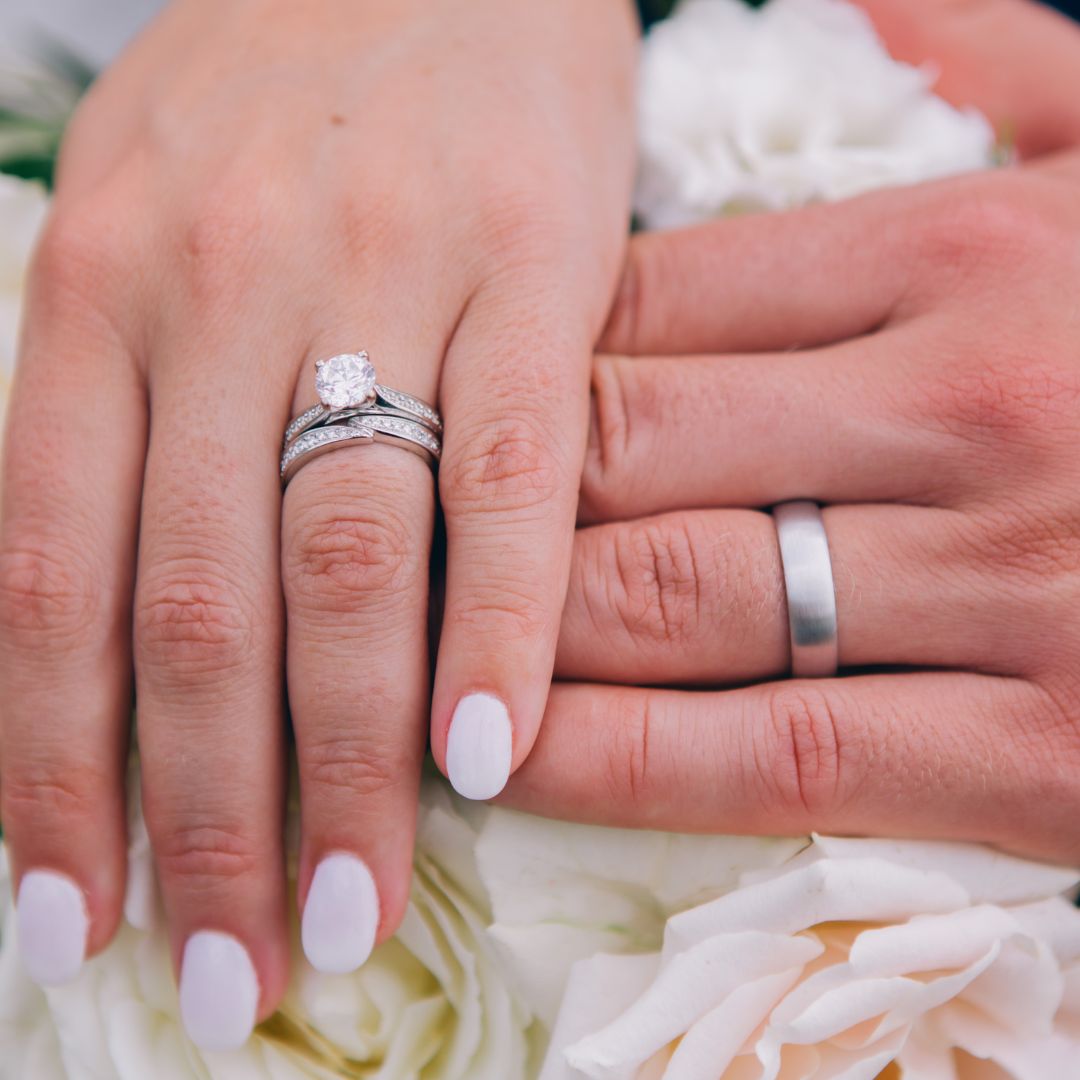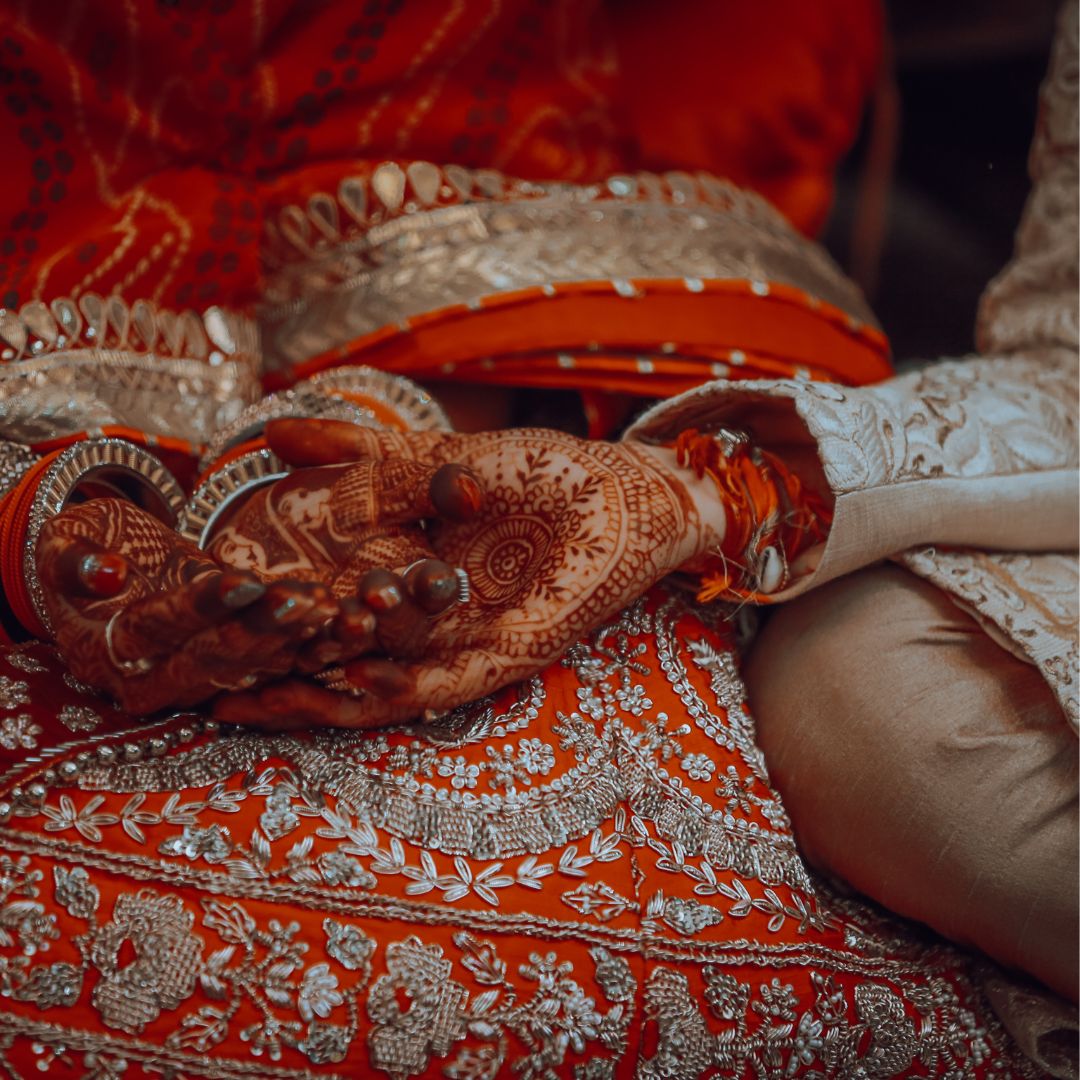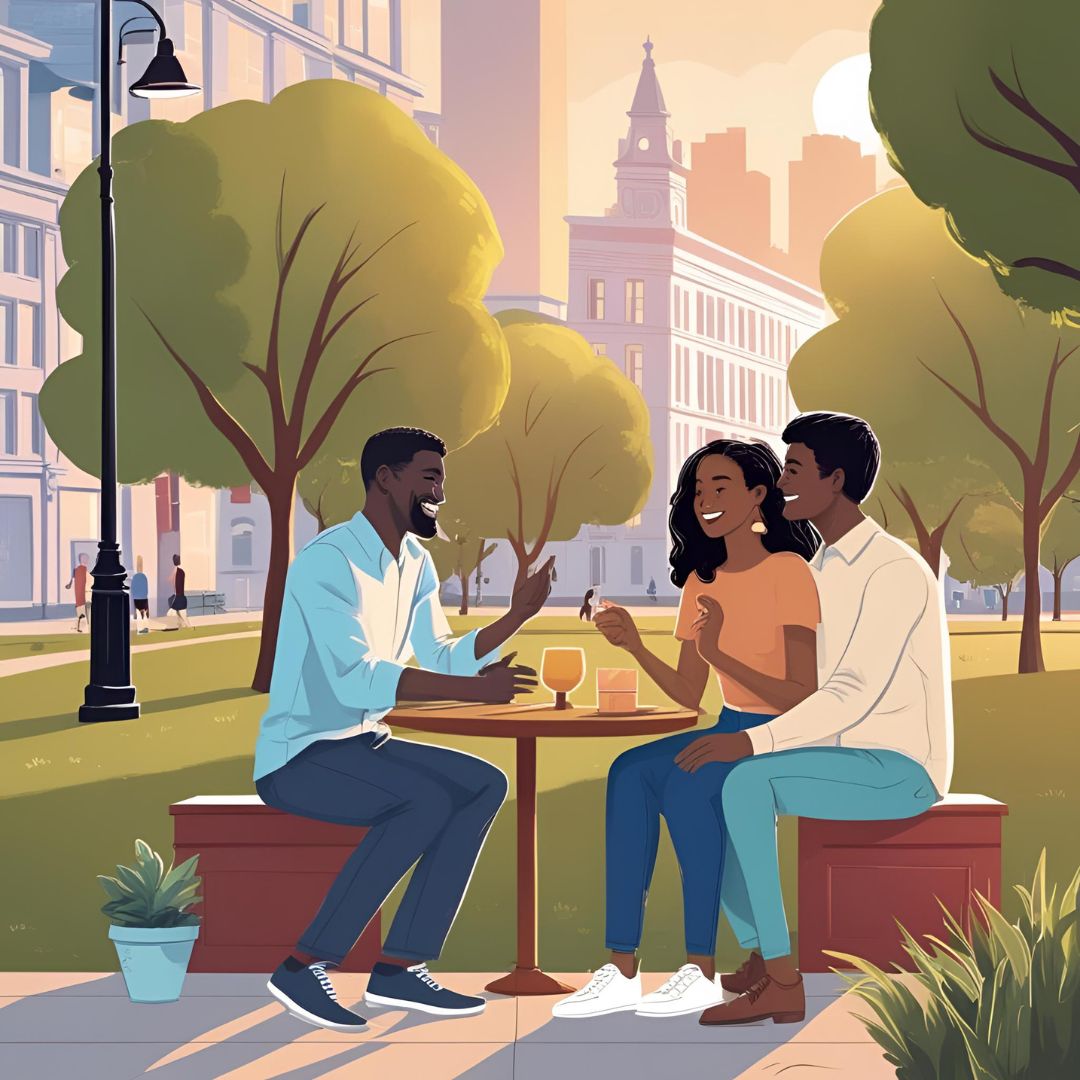Induja holds a Master’s degree in Clinical Psychology and brings a strong academic foundation to her work as a mental health content writer. With deep expertise in psychological concepts and evidence-based practices, she creates thoughtful, accurate, and empathetic content aimed at promoting mental well-being
06 Jul 25 10:00 am
Strengthening Marriages in Modern Times - The Role of Relationship Counselling
Improve your marriage with relationship counselling. Rebuild trust, deepen intimacy, and find the best relationship counsellors for your needs.

“Love is not just a feeling. It's a commitment to communicate, to grow, and to heal together.”
— Esther Perel, Relationship Therapist and Author
Introduction
A study noted that a randomised controlled trial of Emotionally Focused Therapy (EFT) showed significant improvements in couples’ emotional bonds and communication post-therapy. In an age where stress, digital overload, and unrealistic expectations fracture even the most loving partnerships, this study offers a glimmer of hope.
Marriage is often painted as a happily-ever-after tale, but anyone who has been in a long-term relationship knows it takes far more than love to make it work. From communication breakdowns and financial stress to emotional detachment and unresolved trauma, couples face challenges that can make "forever" feel fragile.
But what if support existed—gentle, expert, and research-backed—to help couples find their way back to each other? This is where relationship counselling enters, not as a last resort but as a vital tool for rediscovering connection. For those seeking to mend emotional fractures and renew shared dreams, knowing how relationship counsellors can help strengthen your partnership can be a game-changer.

The Big Picture: Navigating Marital Challenges with the Help of Relationship Counselling
Modern marriages exist in a dynamic, often high-pressure environment. The stressors that affect couples today weren’t part of our grandparents’ vocabulary. Understanding how relationship counselling works in today’s context is crucial.
a. The Modern-Day Strains on Marriage
- Digital distractions: Constant screen time disrupts intimacy.
- Financial stress: Dual-income families still struggle with stability, leading to blame and resentment.
- Emotional detachment: Couples often drift apart emotionally due to unresolved conflicts and life pressures.
- Poor conflict resolution skills: Most couples repeat cycles of blame and defensiveness.
A 2021 large-scale study published by the American Association for Marriage and Family Therapy (AAMFT) found that couples, on average, wait approximately 2.7 years after the onset of serious relationship issues before seeking professional help.
b. What Relationship Counselling Offers
- Safe space for communication: Neutral ground for both partners to express and be heard.
- Guided self-awareness: Counsellors help you uncover subconscious patterns harming your relationship.
- Rebuilding trust: Structured exercises can restore emotional and physical intimacy.
- Goal-oriented support: You don’t just talk—you create a roadmap to healing and growth.
Relationship therapy is not about assigning blame—it’s about helping each individual understand their role and re-align as a team. It's about how relationship counsellors can help strengthen your partnership, even after years of conflict.
c. Success Rates Backed by Research
- According to the American Association for Marriage and Family Therapy, over 98% of clients rate therapy services as “good” or “excellent,” and a substantial majority report meaningful improvements in emotional well-being—nearly 90%—as well as enhanced relationship functioning
- A broader mini-review in the Journal of Critical Reviews (2021) summarised multiple Indian couple studies and found that marital counselling consistently improved marital satisfaction and reduced conflict.
Actionable Practices to Strengthen Your Marriage Through Counselling
You don’t need to wait for a crisis to seek help. Let’s explore some evidence-based practices recommended by counsellors to nurture your marriage.
a. Start Therapy Early — Don't Wait Until It's "Too Late"
- Early intervention helps resolve issues before they solidify.
- Most issues (resentment, boredom, detachment) are reversible with timely work.
Tip: Look for early signs like:
- Constant bickering over small things
- Feeling emotionally invisible or shut down
- Avoidance of quality time
b. Communication Tools You’ll Learn in Therapy
Counsellors often introduce techniques like:
- The Speaker-Listener Technique: One talks, the other listens without interrupting.
- “I” Statements: “I feel ignored when we don’t talk” vs. “You never talk to me.”
- Active listening: Confirming what your partner said before responding.
Practice at home:
- Schedule weekly check-in conversations.
- Use non-defensive responses even during disagreement.
- Validate your partner’s emotions, even if you disagree.
c. Choose Among the Best Relationship Counsellors
When selecting the right professional:
- Check qualifications: Look for MPhil Clinical Psychologists, licensed Marriage and Family Therapists, or experienced counsellors with postgraduate training.
- Read reviews and testimonials.
- Ask about their approach: Do they use Emotionally Focused Therapy (EFT)? Gottman Method? Cognitive Behavioural Therapy?
Pro Tip: Choose from different online platforms and choose among the best relationship counsellors offering in-person and online sessions.
The Emotional Transformation of Counselling
Relationship counselling is more than just a tool to resolve conflict—it’s a journey of emotional rediscovery. Couples often come into therapy feeling unheard, distant, or emotionally shut down. Through guided sessions, they gradually learn how to feel again, together.
a. Relearning Emotional Intimacy
One of the most powerful outcomes of counselling is the ability to reconnect emotionally, not just function as a team, but feel like one.
Couples learn to:
- Rebuild trust after emotional wounds or betrayals
- Share fears, desires, and disappointments in a safe environment
- Replace criticism with curiosity, silence with vulnerability
Many clients report feeling:
- “Lighter,” as if an emotional weight has been lifted
- Deeply heard and understood for the first time in years
- Reconnected, not just romantically, but emotionally
These aren’t small changes—they’re the foundation of lasting love.
b. Repairing Emotional Safety
Emotional safety is the bedrock of a healthy connection. Without it, couples walk on eggshells. With it, they thrive.
Relationship counselling helps partners:
- Speak without fear of judgment
- Navigate disagreements without emotional shutdown
- Feel emotionally protected even during conflict
In emotionally safe relationships, partners don’t just talk—they feel safe enough to be honest. That’s when real healing begins.
c. Rebuilding Your Emotional Bond
Through structured conversations and reflective exercises, therapy helps couples rebuild their emotional bond, often stronger than before.
Therapists may guide couples to explore:
- What emotional needs have gone unmet
- How past experiences influence current reactions
- What each person needs to feel secure and valued
The result is often a deeper, more emotionally intimate relationship where partners don’t just coexist—they emotionally attune to one another.
Relationship counselling doesn’t just fix problems. It teaches couples how to feel close again, how to care better, and how to love with awareness.
Conclusion
Modern marriages face modern challenges—but they also have modern solutions. Relationship counselling isn’t a sign of failure—it’s a mark of emotional maturity and courage. It’s about saying, “We love each other enough to learn, to listen, and to try again.”
Whether you're navigating years of emotional silence or just want to deepen your connection, remember this: how relationship counsellors can help strengthen your partnership is a journey well worth investing in. And with the right professional guidance, couples don’t just survive—they thrive.
So, if you're wondering whether counselling is worth it, the answer is simple: Don’t wait for love to fall apart. Learn how to hold it better.
Frequently Asked Questions (FAQs)
Q1. What is relationship counselling and how does it work?
Relationship counselling is a form of therapy that helps couples understand and resolve conflicts, improve communication, and rebuild emotional intimacy through guided sessions.
Q2. When should a couple consider seeing a relationship counsellor?
Couples should seek counselling at the first signs of emotional distance, recurring conflict, lack of intimacy, or difficulty communicating effectively.
Q3. Does relationship counselling really help?
Yes. Research shows that emotionally focused therapy (EFT) and other methods significantly improve relationship satisfaction, communication, and trust among couples.
Q4. What types of therapy are used in relationship counselling?
Common methods include Emotionally Focused Therapy (EFT), the Gottman Method, Cognitive Behavioral Therapy (CBT), and Imago Relationship Therapy.
Q5. Can online relationship counselling be as effective as in-person sessions?
Yes, online counselling can be equally effective if both partners are committed and the therapist uses structured, evidence-based techniques.
Sources
The Therapeutic Alliance in Couple Therapy - The therapeutic alliance in couple therapy: Patterns by treatment and sex in a randomised controlled trial of emotionally focused therapy and treatment as usual - PubMed
How long do people wait before seeking couples therapy? A research note - How long do people wait before seeking couples therapy? A research note - PubMed
What is Marriage and Family Therapy? - About Marriage and Family Therapists
Journal of Critical Reviews - (PDF) JOURNAL OF CRITICAL REVIEWS Effect of Marital counselling on marital satisfaction among married couples-A Mini Review
Related Reads. Similar Blogs to Check Out.


